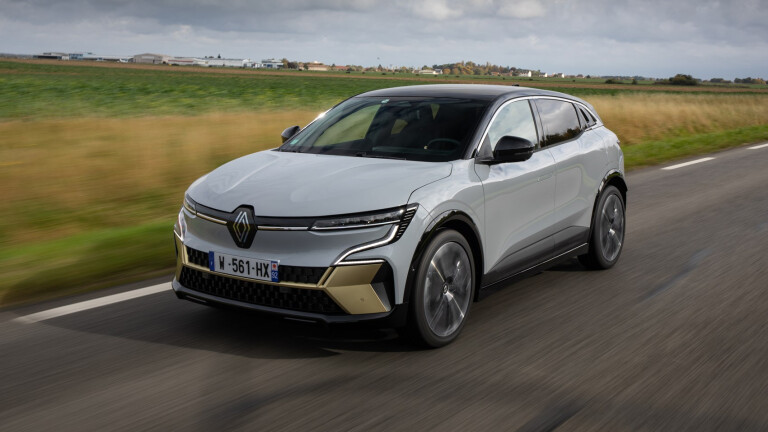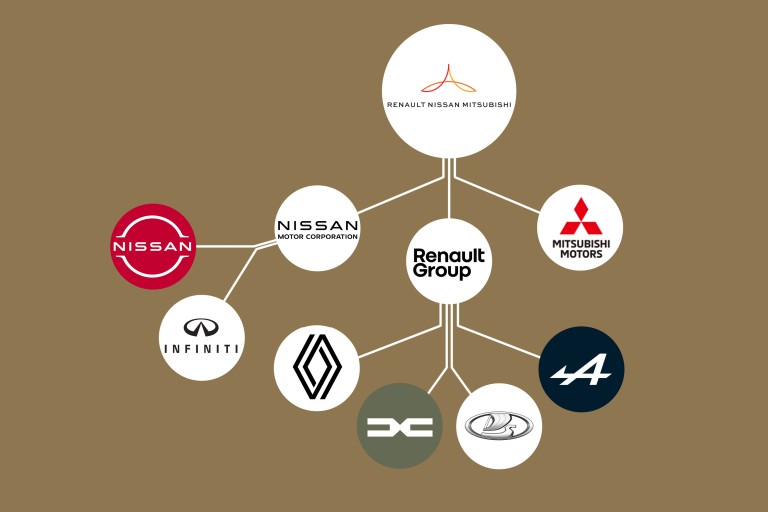
The Renault-Nissan-Mitsubishi Alliance has announced it will invest €23 billion (AU$36.4 billion) into developing electric vehicles (EVs) over the next five years.
At a joint media conference overnight, Alliance members Renault, Nissan, and Mitsubishi presented a united front, outlining plans to introduce 35 new EVs by 2030.
Of the 35 new models, 90 per cent will be underpinned by just five common EV platforms “covering most markets, in all major regions”.
It’s expected two of those will be the basis for most electric vehicles offered in Australia by the Alliance brands.

Renault, Alpine, and Nissan are planning to produce 250,000 vehicles annually with the CMF-BEV platform – including the Renault R5, and Nissan Micra successor announced last night.
Up to 60 per cent of non-electric components will carry over from the internal-combustion CMF-B chassis, currently underpinning models such as the Renault Clio, Renault Arkana, and Nissan Juke.
The CMF-EV architecture will see the most use, with up to 1.5 million vehicles expected to be manufactured annually using this platform by the end of the decade, beginning with the Nissan Ariya and Renault Megane E-Tech.
All three carmakers will utilise the CMF-EV platform, as well as sub-brands Alpine and Infiniti.

To help reduce overall costs, the Alliance has employed what it calls the ‘Leader-Follower Scheme’, which sees each company responsible for one area of development – but with all three partners to benefit.
Renault will be working on electrical and electronic architecture, with the first “full software-defined vehicle” due in 2025.
Nissan will lead the development of autonomous driving and solid-state battery technology – the latter of which will double energy density compared with current lithium-ion batteries, as well as greatly improving charging times.
The Alliance hopes to reduce battery costs by 50 per cent in 2026, and 65 per cent in 2028.
Meanwhile, Mitsubishi’s expertise in manufacturing plug-in hybrid and ultra-compact ‘kei’ cars is already being shared across the three brands.

While the conference presented the future ambitions of the Renault-Nissan-Mitsubishi Alliance, company executives were keen to dispel negative rumours that have been swirling in recent times.
“Three years ago, the Alliance was experiencing a crisis unprecedented in its history, based on a lack of trust,” Alliance Chairman Jean-Dominique Senard said at the event.
“This period belongs to the past. We have since then bounced back stronger and faster than even the most optimistic could have imagined.”
COMMENTS